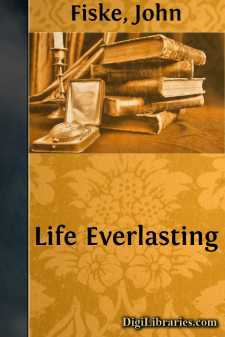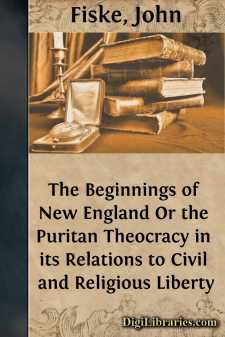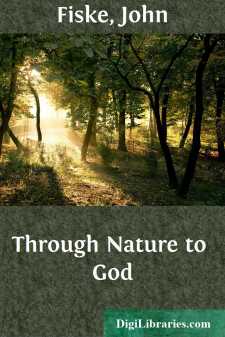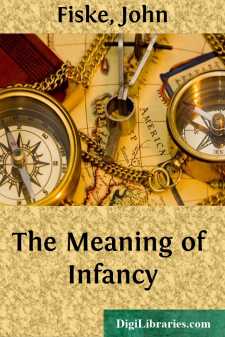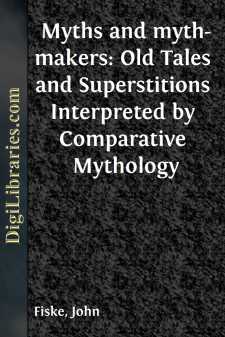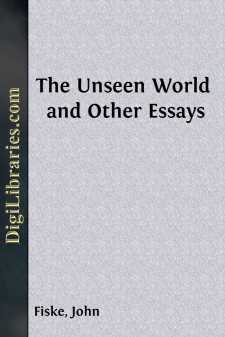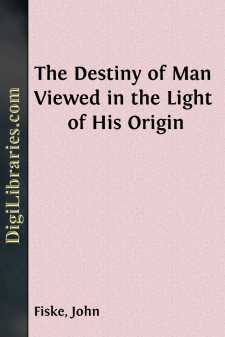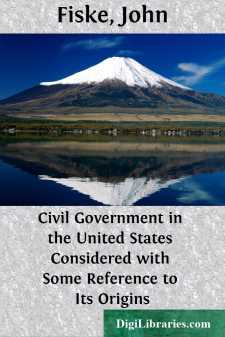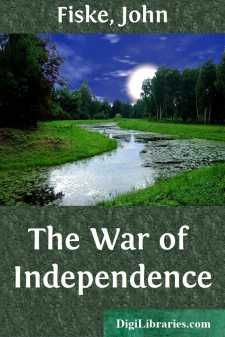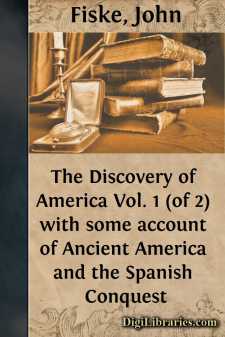Categories
- Antiques & Collectibles 13
- Architecture 36
- Art 48
- Bibles 22
- Biography & Autobiography 813
- Body, Mind & Spirit 142
- Business & Economics 28
- Children's Books 15
- Children's Fiction 12
- Computers 4
- Cooking 94
- Crafts & Hobbies 4
- Drama 346
- Education 46
- Family & Relationships 57
- Fiction 11829
- Games 19
- Gardening 17
- Health & Fitness 34
- History 1377
- House & Home 1
- Humor 147
- Juvenile Fiction 1873
- Juvenile Nonfiction 202
- Language Arts & Disciplines 88
- Law 16
- Literary Collections 686
- Literary Criticism 179
- Mathematics 13
- Medical 41
- Music 40
- Nature 179
- Non-Classifiable 1768
- Performing Arts 7
- Periodicals 1453
- Philosophy 64
- Photography 2
- Poetry 896
- Political Science 203
- Psychology 42
- Reference 154
- Religion 513
- Science 126
- Self-Help 84
- Social Science 81
- Sports & Recreation 34
- Study Aids 3
- Technology & Engineering 59
- Transportation 23
- Travel 463
- True Crime 29
Life Everlasting
by: John Fiske
Description:
Excerpt
THE INGERSOLL LECTURESHIP
Extract from the will of Miss Caroline
Haskell Ingersoll, who died in
Keene, County of Cheshire,
New Hampshire, Jan.
26, 1893.
First. In carrying out the wishes of my late beloved father, George Goldthwait Ingersoll, as declared by him in his last will and testament, I give and bequeath to Harvard University in Cambridge, Mass., where my late father was graduated, and which he always held in love and honor, the sum of Five thousand dollars ($5,000) as a fund for the establishment of a Lectureship on a plan somewhat similar to that of the Dudleian lecture, that isâone lecture to be delivered each year, on any convenient day between the last day of May and the first day of December, on this subject, "the Immortality of Man," said lecture not to form a part of the usual college course, nor to be delivered by any Professor or Tutor as part of his usual routine of instruction, though any such Professor or Tutor may be appointed to such service. The choice of said lecturer is not to be limited to any one religious denomination, nor to any one profession, but may be that of either clergyman or layman, the appointment to take place at least six months before the delivery of said lecture. The above sum to be safely invested and three fourths of the annual interest thereof to be paid to the lecturer for his services and the remaining fourth to be expended in the publishment and gratuitous distribution of the lecture, a copy of which is always to be furnished by the lecturer for such purpose. The same lecture to be named and known as "the Ingersoll lecture on the Immortality of Man."
LIFE EVERLASTING
Few incidents in ancient history are more tragic than the death of Pompey. The spectacle of the mighty warrior who had conquered the Orient and contended with C?sar for the mastery of the world, a defeated and despairing fugitive, treacherously murdered and lying unburied on the Egyptian strand, was one that drew tears from C?sar himself and from many another. Yet among the poets of the sixteenth century Renaissance there was one who took a different view of the matter. In an epigram of incomparable beauty Francesco Molsa exclaims:â
Dux, Pharea quamvis jaceas inhumatus arena,Non ideo fati est s?vior ira tui:
Indignum fuerat tellus tibi victa sepulcrum;
Non decuit c?lo, te, nisi, Magne, tegi!
It is almost impossible to preserve in a translation the peculiar charm of these lines, but a friend of mine in one of the pleasant student days of forty years ago produced this happy and fitting paraphrase:â
We grieve not, Pompey, that to theeNo earthly tomb was given;
All lands subdued, nought else was free
To shelter thee but Heaven!
Here the art of the poet lies in the boldness with which he seizes upon one of the most subtle and startling effects of contrast. In the very circumstance which to the ancient mind was the acme of humiliation and horror his genius discerns the occasion for most exalted panegyric, the bitterness of death is lost in the abounding triumph of the soul enlarged and set free, the attributes of woe are transformed into crowning glories....


